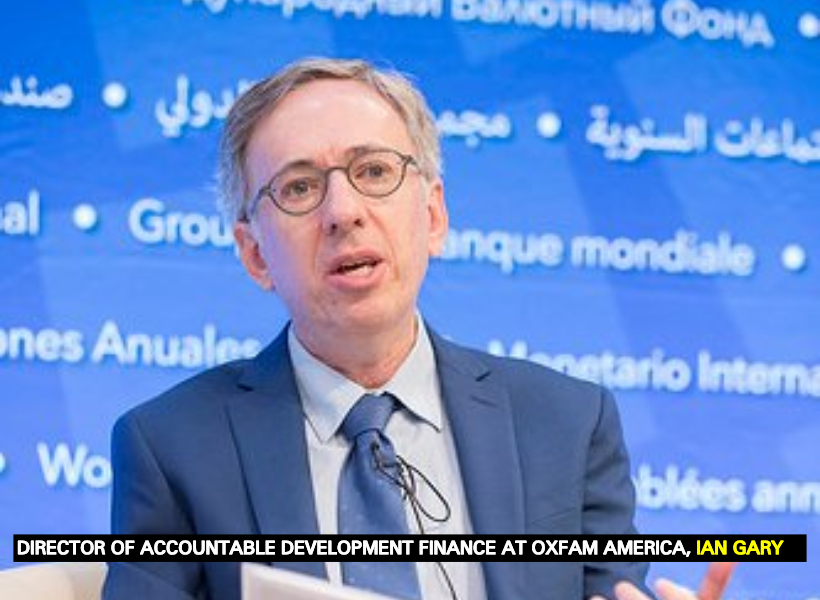In the last decade, there has been a growing need for improved transparency and accountability for revenues generated by extractive industries. The launch of the Extractive Industries Transparency Initiative (EITI) on June 17, 2003 was intended to fill the gap.
EITI has a “citizens first” policy in which governments are expected to publish all payments received from operators in the sector. The spreadsheet of receipts by the government and the companies are then audited for disparities.
But there is a gaping loophole in this arrangement. While EITI demands transparency of the payments governments receive, there is zero demand for an account of how these funds are spent.
This viewpoint is what has led many international consultants to deem the initiative, which has 51 members implementing its policies, to be “a great hypocrisy.”
Particularly, Ian Gary, Director of Accountable Development Finance at Oxfam America (a company concerned with the eradication of poverty) noted recently that EITI is a delusion of accountability. He said this is based on the fact that oil companies are allowed to give vocal support for EITI’s principles but hardly ever adhere to it.
The Director pointed out that noncompliance by the “financially supportive” oil companies is never sanctioned.
Gary said, too, that while oil companies like Chevron, ExxonMobil, Shell and Conoco Phillips publicly state that they support EITI in their press statements, they make contradictory moves back home. The Director noted that in 2010, the Dodd Frank Reform Act was amended to require companies in the extractive industries to disclose their payments to governments in ever country of operation.
“Yet, these companies were actively lobbying against its implementation by the Securities Exchange Council,” the official added.
Gary pointed out that EITI was silent on this type behaviour by its “supportive financers.”
He noted too that the wishes of the oil companies finally came true when new provisions were passed in the USA which no longer compels American oil companies to disclose their payments.
The Oxfam Director said that while EITI seems to be “in fashion” for all emerging oil producers, citizens should not by into the delusion that accountability will be present. He stressed that EITI is nothing but a voice for transparency.
Gary added, “A voice without teeth lacks bite. Therefore, citizens must demand systems for real accountability. EITI is not the answer.”
GUYANA’S APPLICATION
Guyana’s application to EITI candidature was approved last year October. There are documented cases of USA oil giant, ExxonMobil failing to cooperate with the EITI principles. Be that as it may, the company has promised local authorities that it is willing to disclose information about its payment to the governments.













